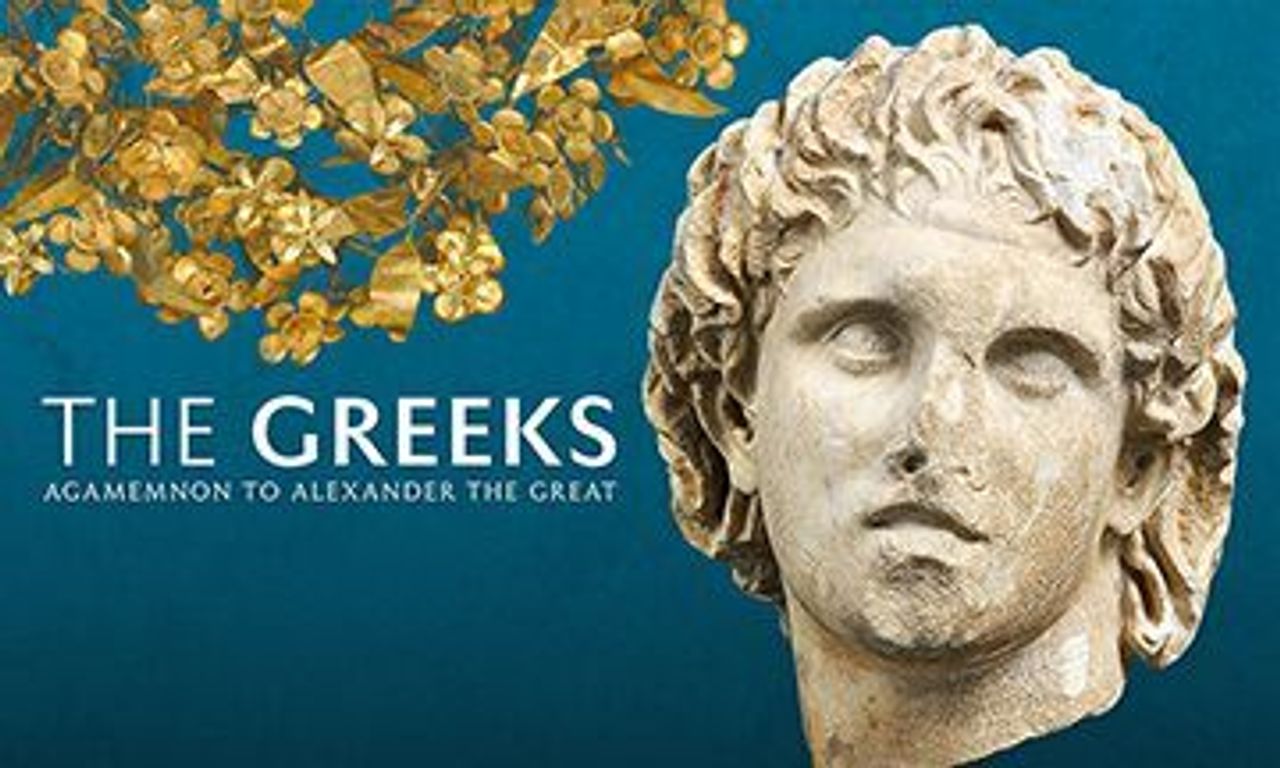North of Thessaly and extending inland into what is today Yugoslavia and Albania lay the kingdom of Macedon, with a considerable coastline along the Aegean. The Macedonians were a mixture of peoples including some of Greek origin; they were organized into tribes, worshiped some of the Greek gods, and spoke a Greek dialect that other Greeks could not understand. Their kings had title to most of the land and ruled absolutely, though he might be deposed by the people for treason. There being no written law, he was advised by councilors who were selected from among the nobles of each tribe and felt themselves to be his social equals.
Although Greek cultural influence and Greek trade had penetrated deeply into the country by the fourth century, Macedon did not copy Greek political institutions. The Macedonians traditionally relied on cavalry in war, but in the fourth century they added foot soldiers to fight their neighbors from the west and north, the Illyrians. From the south, both Athens and Sparta persistently interfered in internal Macedonian affairs.

